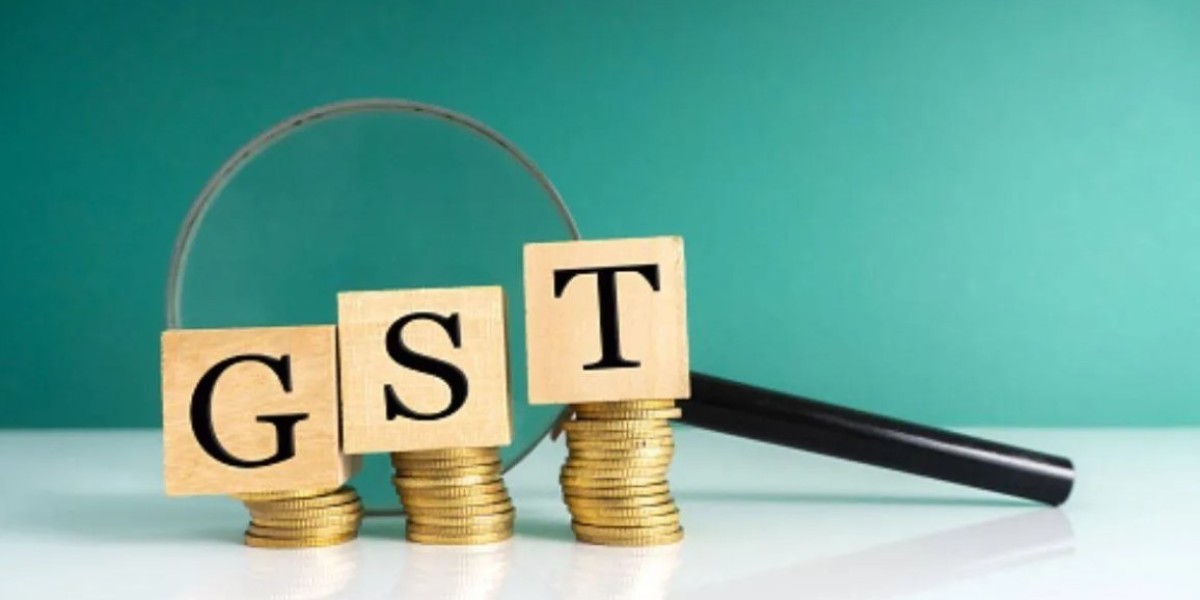GST status is a crucial aspect for businesses operating in India under the Goods and Services Tax (GST) regime. This indirect tax, which replaced numerous other indirect taxes, was enacted through the Goods and Services Tax Act on March 29, 2017. Understanding your GST status is vital for compliance, ensuring that your business meets all regulatory requirements and avoids potential penalties.
What is GST?
GST is a comprehensive indirect tax that applies to the supply of goods and services in India. It simplifies the tax structure by replacing various central and state taxes, including VAT, service tax, and excise duty. The main objective of GST is to create a unified national market by reducing the cascading effect of taxes, thereby lowering the overall tax burden on consumers and businesses.
Importance of Checking Your GST Status
Compliance: Keeping track of your GST status ensures that your business remains compliant with the regulations set forth by the GST Council. Non-compliance can lead to hefty fines and legal repercussions.
Input Tax Credit: A clear GST status is essential for claiming input tax credits. Businesses can only claim these credits if their GST registration is active and compliant.
Filing Returns: Regular monitoring of your GST status is necessary to ensure timely filing of returns. Delays can attract penalties and interest, further complicating your tax obligations.
Avoiding Fraud: Regularly checking your GST status helps businesses verify the authenticity of suppliers and customers, reducing the risk of fraud.
How to Check Your GST Status
Checking your GST status is a straightforward process that can be done online through the GST portal. Here’s a step-by-step guide:
1. Visit the GST Portal: Go to the official GST website (www.gst.gov.in).
2. Navigate to the Search Taxpayer Option: On the homepage, find the 'Search Taxpayer' option and click on it.
3. Enter Your GSTIN: Input your Goods and Services Tax Identification Number (GSTIN) or the name of your business to retrieve the GST status.
4. Review Your Status: The portal will display your GST status, indicating whether your registration is active, suspended, or canceled.
Common Issues Affecting GST Status
Several issues can affect your GST status, leading to non-compliance or penalties:
Late Filing of Returns: Failing to file GST returns on time can result in penalties and may lead to a suspension of your GST status.
Mismatch of Information: Discrepancies between your filed returns and the data available with the GST network can lead to issues with your GST status.
Inactive Registration: If your GST registration has not been updated or renewed, it may lead to an inactive GST status, preventing you from carrying out business operations smoothly.
The Role of GSN & Co. in Managing Your GST Status
We understand the complexities of maintaining a good GST status. Our expert team is dedicated to assisting businesses in ensuring compliance with all GST regulations. We provide services that include:
Consultation: Assessing your current GST status and identifying areas for improvement.
Filing Assistance: Helping you file your GST returns on time to avoid penalties.
Status Monitoring: Regularly checking your GST status to ensure that it remains active and compliant.
Conclusion
Understanding your GST status is vital for the smooth operation of your business in India. It not only ensures compliance with tax regulations but also helps in maximizing benefits like input tax credits. At GSN & Co., we are here to assist you in managing your GST obligations effectively. Contact us today to ensure that your GST status remains compliant, allowing you to focus on growing your business without tax-related worries!
Contact information:
Location: Delhi, India
Email: [email protected]
Call: 9999660455


